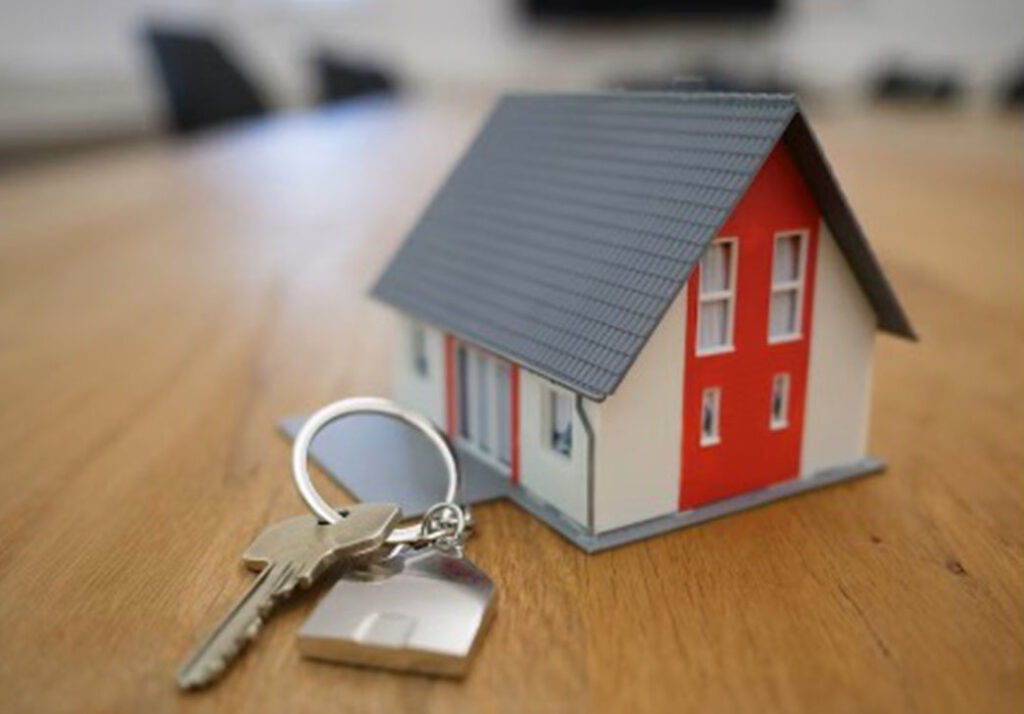Home insurance is undeniably an essential safeguard for homeowners, providing financial coverage for potential damages or losses. However, in certain circumstances, homeowners may inadvertently jeopardize their home insurance coverage, leaving them exposed to financial risk. This article uncovers 14 common ways Ontario homeowners might unintentionally increase the risk of a claim and jeopardize their home insurance.
Common ways you might jeopardize your insurance.
Non-Disclosure of Home-Based Business Operations
Operating a business from your home might seem harmless, but it can potentially compromise your coverage. Traditional home insurance policies are designed for personal use, not commercial activities. If you suffer a loss or damage related to your home-based business, your insurer will not cover it. If you run a business out of your home or often work from home, contact your Broker to ensure you have the right coverage added to your policy.
Misrepresenting Home Features
Honesty is the best policy, especially when it comes to insurance. Misrepresenting the features of your home could lead to inadequate limits of insurance, denial of a claim or even policy cancellation. Always provide accurate information about your home's heating, plumbing, electrical systems, construction type, size, age, and other unique features.
Overvaluing Personal Belongings
Your personal belongings are protected under the contents portion of your policy and coverage is calculated as a percentage, however you may choose to add additional coverage for high-value items such as fine art or jewellery. Providing an accurate valuation of your belongings is critical. Overinflating the value could lead to suspicions of fraud, potentially resulting in claim denial or policy cancellation. Take the time to correctly assess the value of your possessions to avoid this pitfall.
Engaging in Unlawful Activities
Illegal activities in the home can quickly invalidate your home insurance. Insurance providers often have explicit exclusions for criminal activities. Even if a loss hasn't occurred and/or the loss was not related to the criminal activity, your insurer can cancel your policy if they discover criminal activities in your home.
Failure to Notify Insurer About Major Changes
If you're planning significant changes to your home or personal circumstances, notify your broker. This could include leaving your property vacant for an extended period, renovating your home, renting out a room, installing a pool or trampoline, or purchasing high-value items.
Renting Out Your Home or a Part of It
If you plan to rent out a room in your home or the entire property, you'll need to inform your broker. Standard homeowners' insurance doesn't typically cover rented rooms or properties. Your broker can add a rental rider to your policy can ensure you're adequately covered.
Alterations to Your Home's Security System
Changes to your home's security system can impact your home insurance. If you’ve benefitted from a discount on your policy because of your home security system, even seemingly small changes, like installing a new door or changing locks, should be reported to your insurer. On the bright side, upgrading your security system might lead to cheaper premiums.
Leaving Your Property Vacant
Leaving your property vacant for extended periods can jeopardize your coverage. If your property is left vacant for more than 30 consecutive days, and a loss or damage occurs during this period, your policy could be invalidated.
Home Renovations
Renovating your home, especially if it involves structural changes, can impact your policy. Always notify your broker before starting any major renovation work.
Sharing Vacation Photos Online
In the era of social media, sharing vacation photos online is commonplace. However, doing so could put your home at risk of a break-in if vandals know you’re away. Insurers generally require you to have someone check your property on a regular basis while you’re away. In addition, automate lights to turn on, have your mail collected, etc. to deter would-be thieves.
Installing a Pet Door
Installing a pet door might seem harmless, but it could put your home at risk of a break-in. Pet doors could potentially make it easier for burglars to enter your home, increasing the risk of theft.
Exaggerating on Insurance Claims
Exaggerating on insurance claims is a form of insurance fraud. Always be honest and upfront with your insurer to avoid invalidating your policy.
Failing to Maintain Your Property
Neglecting your property can also lead to the denial of a claim or a refusal to continue to insure your home. Regular maintenance is critical to keep your home in good condition and the continuation of your insurance coverage.
Failing to Properly Secure Your Property
Before leaving your home, always ensure that all windows and doors are securely locked. Leaving a spare key near your front door, even if it's well-hidden, could result in theft.
In conclusion, maintaining home insurance coverage is not merely about paying premiums, but also about adhering to the terms and conditions set by the insurer. By being aware of these potential pitfalls, homeowners in Ontario can ensure their home insurance remains valid and provides the necessary protection when they need it most.
For more detailed insights, contact our team of home insurance specialists at McLean & Dickey Insurance for specific advice and guidance tailored to your unique circumstances.
FAQs
Can certain home renovations invalidate my home insurance?
A: Yes, certain home renovations can potentially invalidate your home insurance. If you undertake significant structural changes without notifying your insurer, it could void your coverage or leave you inadequately insured. Always consult with your insurance broker before starting any major renovation projects to understand the potential impacts on your policy.
Can my home insurance be invalidated if I leave my property unattended for a long time?
A: Yes, leaving your property unattended for extended periods can potentially invalidate your home insurance. Most policies have stipulations about the maximum number of consecutive days a property can be left unattended or vacant. If a claim arises during a period longer than this, it could be denied.
Can having a home-based business invalidate my home insurance?
A: It’s possible. Standard home insurance policies don’t cover business-related claims. If you’re running a business from home, it’s important to inform your insurer and consider getting a separate business insurance policy to cover business-related risks.
Can a failure to report small incidents invalidate my home insurance?
A: Potentially, yes. Even small incidents that you don’t necessarily want to claim for should be discussed with your broker. Failure to do so might be seen as non-disclosure of information, which could compromise your coverage in the event a claim does need to be reported.
Could poor home maintenance invalidate my home insurance?
A: Yes, poor home maintenance could potentially invalidate your home insurance or make it difficult to obtain or maintain home insurance. Insurers may deny claims if they believe that damage is due to negligence or poor maintenance, rather than an unexpected event. Regular home maintenance is key to keeping your insurance valid.
Can renting out my home on Airbnb invalidate my home insurance?
A: Yes, it could. Many standard home insurance policies don’t cover short-term rentals, so renting out your home on platforms like Airbnb could invalidate your policy. You should inform your broker and check whether additional coverage is required.




